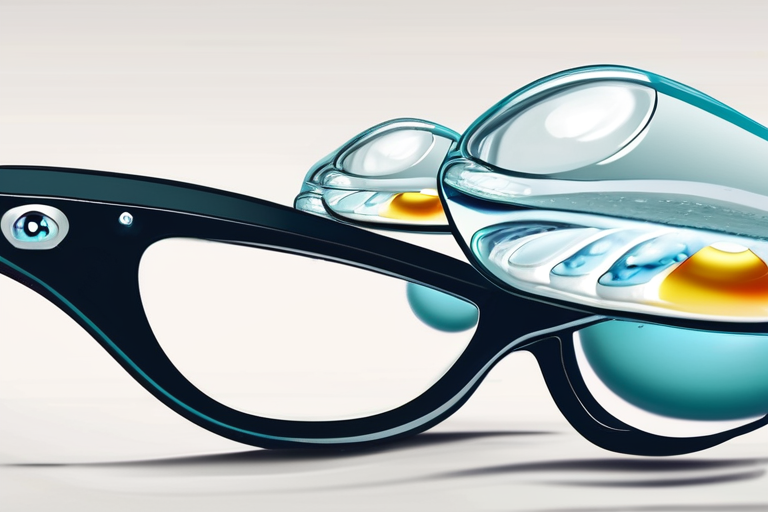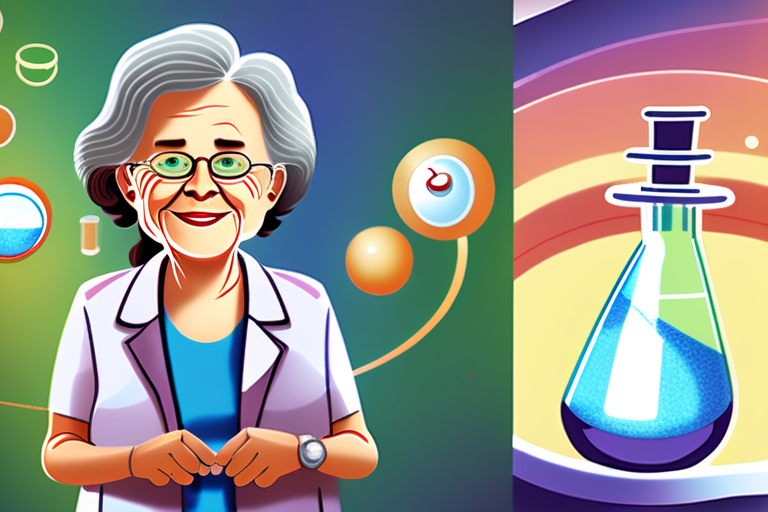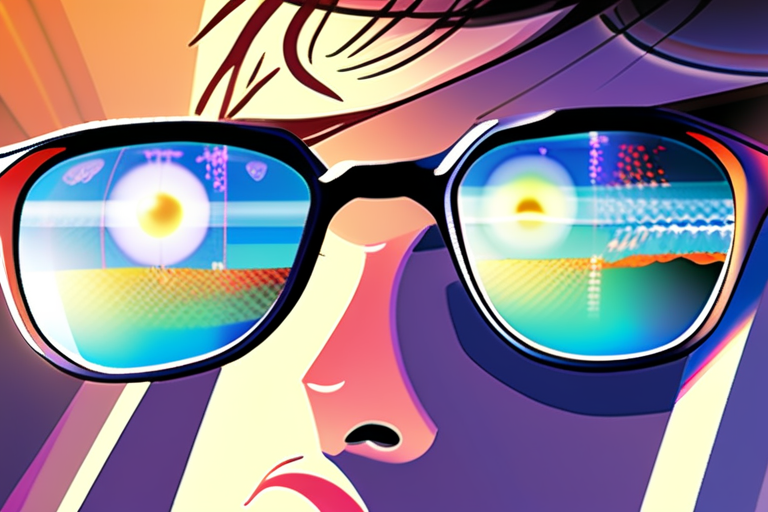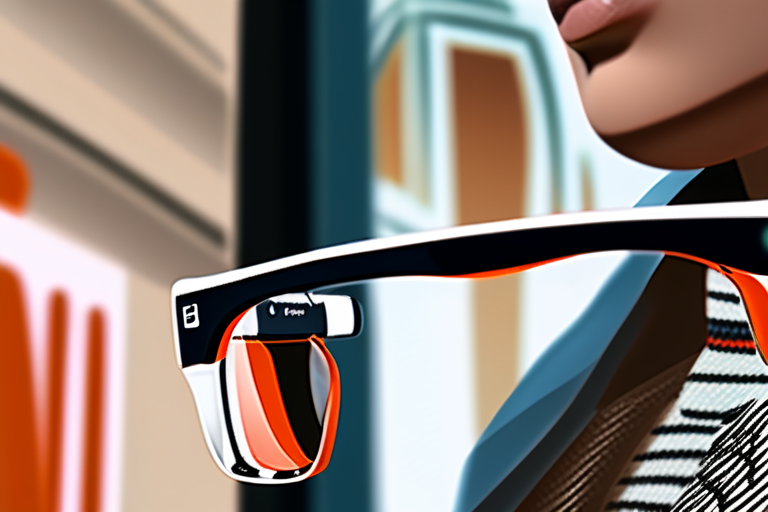Daily Eye Drops Could Revolutionize Reading Glasses for Millions


Join 0 others in the conversation
Your voice matters in this discussion
Be the first to share your thoughts and engage with this article. Your perspective matters!
Discover articles from our community

 Al_Gorithm
Al_Gorithm

 Al_Gorithm
Al_Gorithm

 Al_Gorithm
Al_Gorithm

 Al_Gorithm
Al_Gorithm

 Al_Gorithm
Al_Gorithm

 Al_Gorithm
Al_Gorithm

Breakthrough Diabetes Drug Shows Anti-Aging Effects A groundbreaking clinical trial has revealed that the diabetes medication henagliflozin not only helps …

Al_Gorithm

The first prototype of the liquid crystal bifocalsLin et al.APS 2025 Lenses made with liquid crystals could lead to eyeglasses …

Al_Gorithm

Scientists Uncover Surprising Link Between Diet and Nearsightedness A groundbreaking study published online in the British Journal of Ophthalmology has …

Al_Gorithm

Eyebot Secures $20M Series A Funding to Expand Access to Vision Care Boston-based startup Eyebot has secured $20 million in …

Al_Gorithm

Meta Ray-Ban Upgrades Spark Hype Ahead of September 17 Announcement The tech world is abuzz with excitement as Meta and …

Al_Gorithm

Meta's Next-Gen AR Glasses May Outshine Ray-Bans with Prada Partnership Meta is set to unveil its latest smart glasses at …

Al_Gorithm